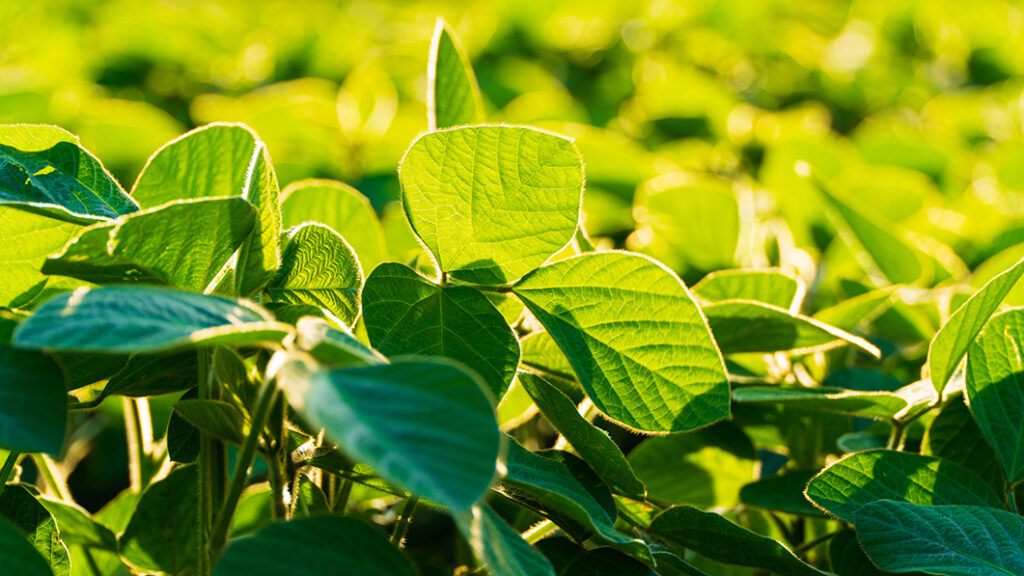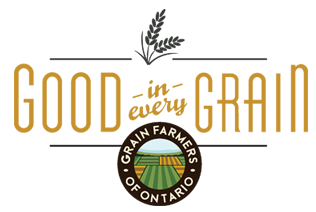What Ontario grains are genetically modified? And why?

Genetically modified organisms, or GMOs, are a common topic of conversation for many consumers while grocery shopping. There are many misconceptions regarding this technology, and why farmers choose to utilize it on their farms. Have you ever wondered, are all grains genetically modified?
We often hear from people, that they’ve heard that all the grains grown in Ontario, are genetically modified (GM) or a GMO. As a refresher, genetically modified or GMO means crops are grown with help from science. Just like traditional plant breeders do, scientists can transfer individual specific traits (like drought tolerance or a natural immunity to certain diseases) from one plant to another, or remove an existing trait altogether. A benefit of GM growing is that it is more precise.
In Canada there are currently four crops that are approved to be grown genetically modified. Two of these are Ontario grains: corn and soybeans. Canola and sugar beets are the other two. Throughout North America farmers can also choose to grow genetically modified cotton, alfalfa, papaya and squash. Genetically modified potatoes, apples and wheat also exist, but they aren’t available to consumers yet. So, what does this mean for Ontario grains? Barley, oats, and wheat grown within not only Ontario, but all of Canada, are all non-GM!
Let’s look at the some of the reasons Ontario grain farmers choose to grow genetically modified corn and soybeans
Modern-day grain corn and soybeans have come a long way from where they originally started, despite harsh factors such as weather, insects, diseases, and weeds working against it.
Through genetic modification – or the process of combining two different crop varieties (ie. One that is resistant to drought, and one that grows a thick stock), researchers have been able to produce a wide range of GMO’s, for a variety of growing environments.
Researchers and scientists have been, and are always researching pests, weeds, and diseases that may impact all Ontario grains. It is important to stay current and up to date so farmers can be prepared for potential threats against our food crops. Through genetic research and modification, farmers can control the diseases, weeds and pests with less pesticide applications – a GM seed could have built- naturally occurring weed protection. GMO crops also allow farmers to adopt no-till farming practises (growing grains with little to no tillage of the soil) which saves time, equipment usage, impacts on the field soil health and carbon emissions. Lastly, GMO crops allow for higher quality crops with higher yields which equals more food for all of us.
Are they safe?
Another common misconception we hear is that GM foods cause allergies, cancer, infertility, ADHD, autism or any other disease or conditions. To date, no person or animals has ever died or been made ill by consuming genetically modified foods. Over one trillion meals containing GM foods have been consumers since their introduction into agriculture in the late 1900’s. In fact, the Canadian Food Inspection Agency, the World Health Organization, The U.S Food and Drug Administration as well as Health Canada and dozens of other international health organizations have all concluded that genetically modified crops are just as safe as non-genetically modified crops.



